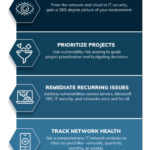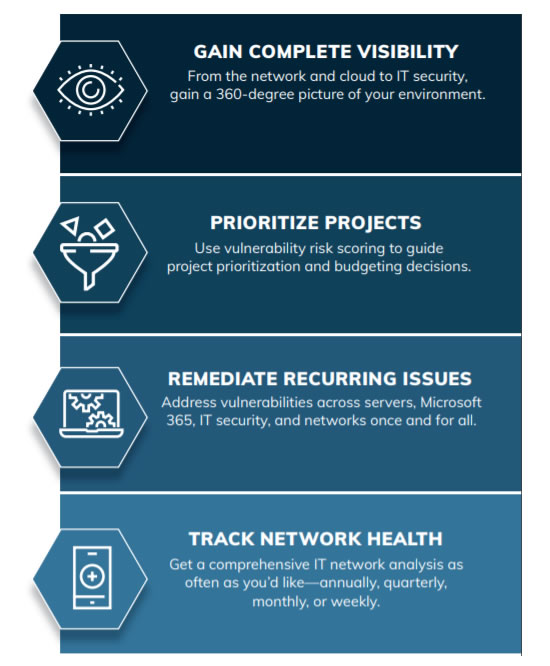Experts estimate that humans produce 2.5 quintillion bytes of data every day.1 That is a lot of information. However, having a poor backup strategy can wipe out all or vast portions of your data in a single click. From accidental deletions and malicious attacks to natural disasters, there are multiple ways by which you can lose your business data. Therefore, make sure a robust backup and disaster recovery (BDR) solution is an integral part of your business.
When you lose crucial data permanently, the consequences can be devastating. Some costly aftereffects of data loss are:
- Productivity Disruptions: Companies hit by an incident face an average of close to 200 hours per year of downtime.2
- Loss of customer trust: One-third of customers end their association with a business following a severe data-loss incident.2
- Regulatory penalties: The penalties may vary based on the regulatory bodies governing your industry, and they can cost millions of dollars.
It is your responsibility to equip your business with an effective backup and disaster recovery solution, irrespective of your business’s size, industry or location. Let us take a look at how significant backup and disaster recovery is to the following business industries:
Healthcare
There can be severe complications when data loss happens in the healthcare industry:
- If a patient’s health records go missing when needed, a life-saving surgery could get delayed or denied.
- Without the billing records, a hospital cannot process payments.
- Regulatory bodies like HIPAA slap hefty fines on hospitals for carelessly handling data. HIPAA can impose penalties anywhere between $100 to $50,000 for an individual violation, with a maximum fine of $1.5 million per calendar year of neglect.4
Alarmingly, the healthcare industry was the worst-hit industry by cyberattacks in 2020.3 Therefore, backup and disaster recovery are critically important in the healthcare industry.
Finance
A robust backup and disaster recovery solution is an important part of any financial institution’s growth and survival.
Financial institutions must comply with requirements put forward by:
- Regulations like the Gramm-Leach-Bliley Act (GLBA)
- Financial agency regulatory agencies like the Financial Industry Regulatory Authority (FINRA)
- International regulators such as the Financial Conduct Authority (FCA)
- The Securities and Exchange Commission (SEC)
An effective BDR solution is a mandatory requirement highlighted by all the concerned authorities mentioned above. Additionally, having one in place helps these institutions protect employee productivity and ensure customers quickly regain access to essential services following a data-loss event.
Hospitality
The information generated in the hospitality industry is in a precarious position. This is because the hospitality industry often invests less in backup and disaster recovery than other industries.
That said, survival in the hospitality industry can be tough. We live in an era where people check public ratings of a hotel room, even if they only plan on staying just one night. A minor dent in reputation could be an enormous blow to a hospitality business.
All critical data like credit card information and customers’ Personally Identifiable Information (PII) must be handled with care to avoid satisfaction issues and regulatory fines. Hence, backup and disaster recovery are an essential part of hospitality.
Adopt BDR Before It Is Too Late
Avoiding data loss at any cost is vital for your business to survive and thrive. It is, therefore, highly recommended to have the right BDR provider to maintain control of business-critical data. If you are confused about how to take the first step, do not worry. We are here to help. Our BDR expertise can help your business sail smoothly without being caught in the whirlpool of data loss. Contact us now to learn more.
Article curated and used by permission.
Sources:
- net
- IDC Report
- IBM Cost of Data Breach Report
- National Library of Medicine
The post Know the Risks of Not Having Backup & Disaster Recovery for Your Business appeared first on Third Power IT – Managed IT Services.
Courtesy of Miami IHIPAA Compliance IT Company - ThirdPowerIT.com

